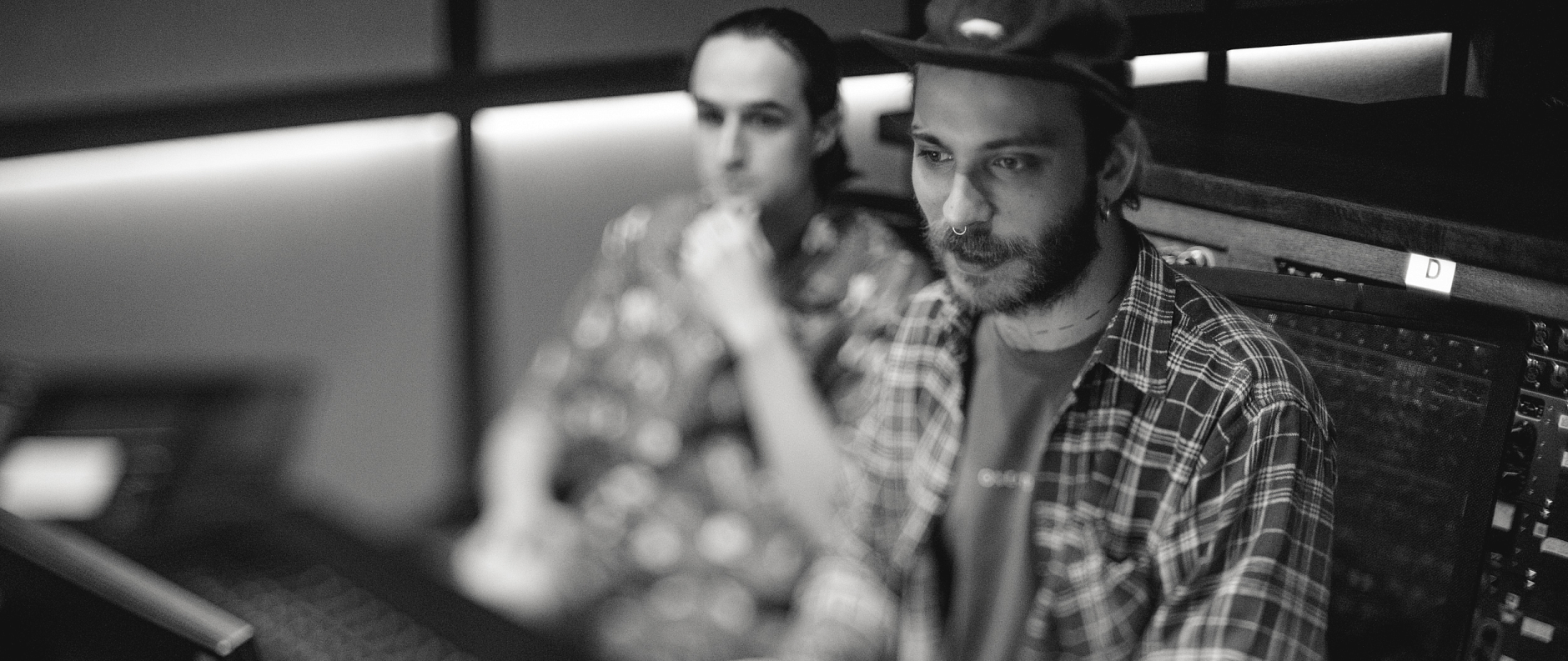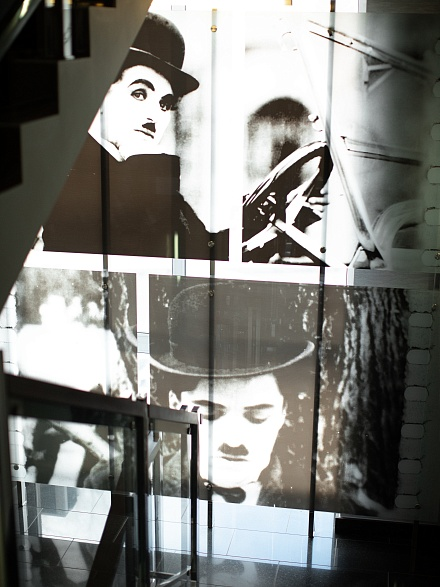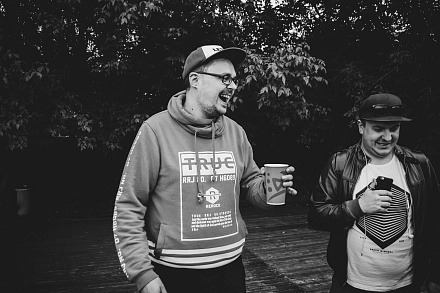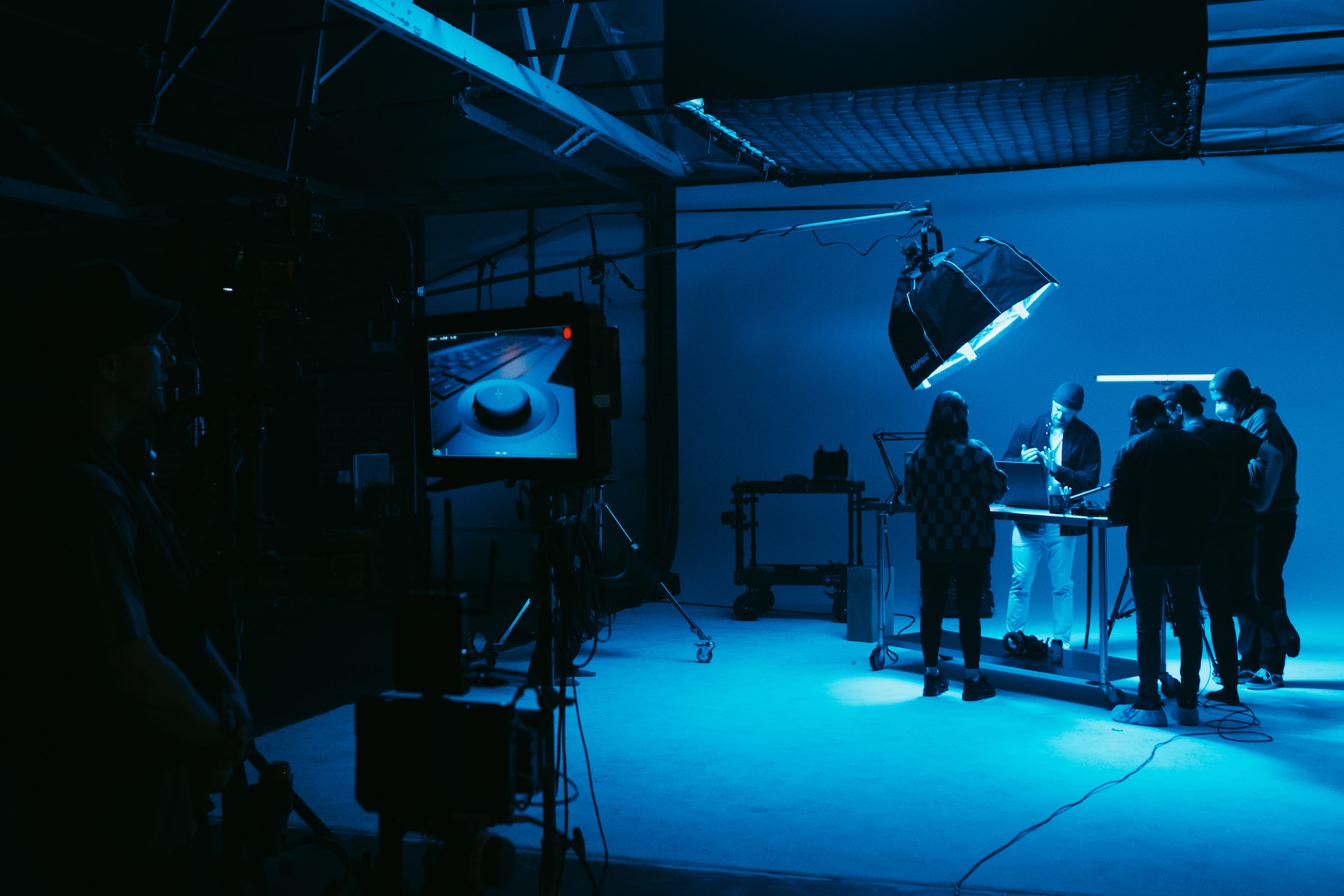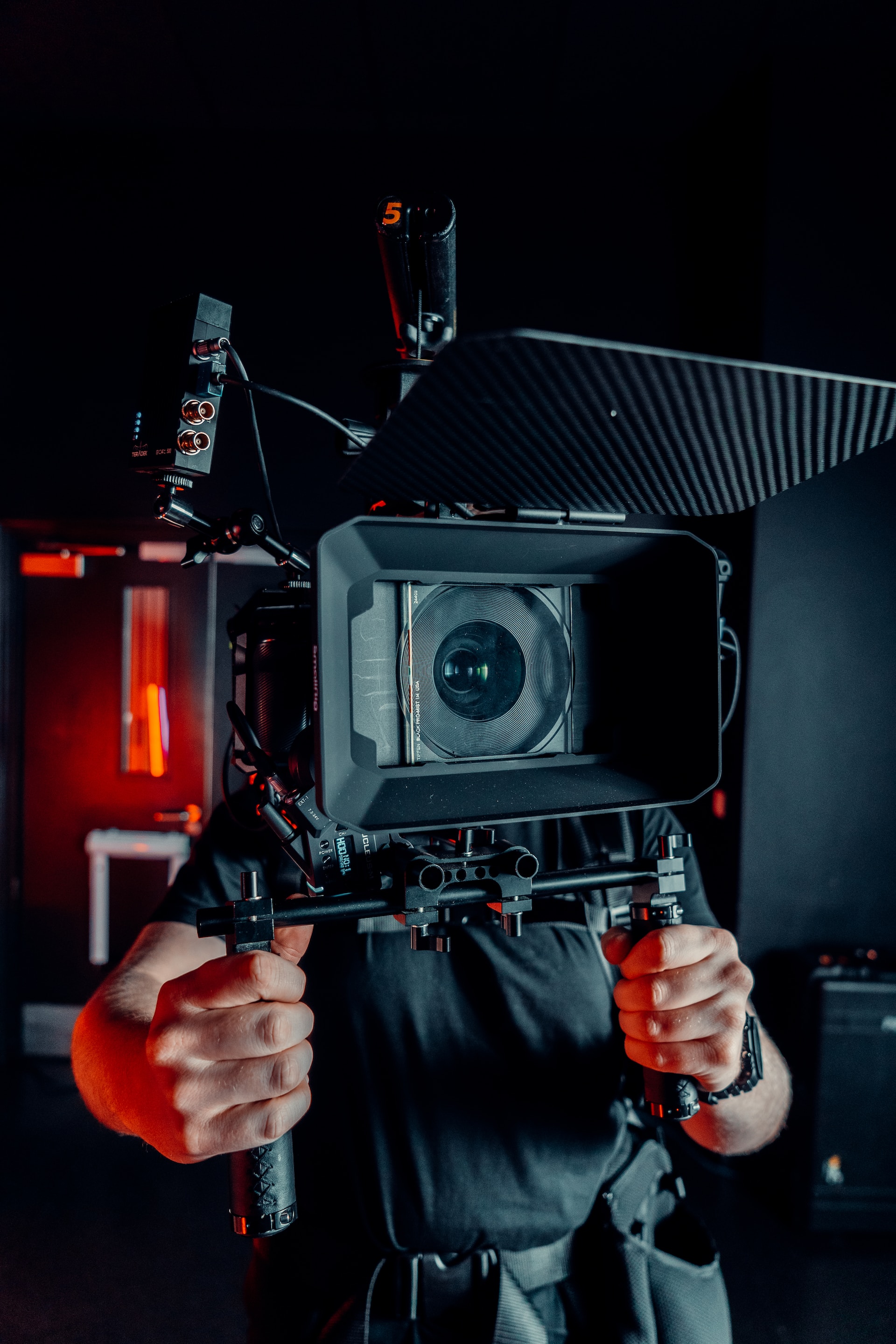Our sound engineer Daniil Afinogenov is also a part-time producer and mix engineer of the band GORECH. We've talked to him about why it is difficult to turn bad material into good material, why sometimes less is more and explains what to do with excessive ambitions.
You have several professions: a sound engineer, producer, a mixing engineer, a monitor engineer... Tell us about each area of your activity. How does one help the other? And is it necessary to do all of this in order to be great at these jobs?
I am a studio and live engineer. These are definitely different jobs, but I personally think that one does not interfere with the other. Moreover, it rather helps.
For example, concert practice teaches you to quickly make decisions that satisfy the wishes of your customers. And studio engineering allows you to hear more details in what you are doing while working on the mix.
You don’t only work with other artists, but also have your own project, GORECH. How does this experience help (or perhaps hinder) your work as an audio engineer?
This experience helps me tremendously. In this project I can allow myself to experiment both as a musician and as an engineer. Due to the fact that we are an independent band, I have time for experiments, since we ourselves decide how, what and when everything should happen and sound.
From a technical point of view, this is also an excellent opportunity to be in the “skin” of an artist and thus analyze the interaction between people within the team. And then scale these skills to work with other artists in the studio.
Plus, I am an ardent opponent of “sound engineer’s ambitions” when working with musicians and performers. Therefore I leave my ambitions in GORECH.
What do artists who are going to the studio for the first time need to know about mixing?
Mixing will not make a poorly recorded song sound good. Mixing will not make a “hit” out of your material. Mixing will not change the essence of your music. In an ideal situation, mixing shouldn’t even exist (just kidding, or am I?). Anyway, if we are talking about quality work, we should mention that the purpose of mixing is not to change your music. Our task is to make sure that your music is broadcasted the same way on any speaker system: whether via stereo headphones or on a vinyl player. And to make sure that all the balances, panoramas and ideas that the artist or the producer planned end up reaching the listener. In two words – don’t kill!
Tell us about tasks and supertasks of your work.
Our recording decisions stem from the intentions of the producers, artists and musicians. Which means that my task is to try to understand the producer and try to embody the sound that he hears in his head using all the tools that I have handy. If we are not talking about some esoteric things, then the comfort of the musicians during recording is important to me.
What is more important – recording or mixing?
Definitely the recording. Properly selected microphones, preamplifiers and processing devices, combined with good performance, are a guarantee of quality.
Are there any myths about mixing that you're willing to dispel?
Of course. I’ll tell you about one thing. There is an opinion that a poorly recorded performance can be edited, tuned and tidied up, and it will sound good. It won’t. I’ll quote the classic: “Shit in - shit out.” And this, by the way, is generally a good rule in life.
How do you usually work: always in your studio or can you come to the artist’s place?
It’s always very different. Since I am also a concert engineer, there are a lot of situations when I work outside the studio. And this is great because that way I can really diversify my listening experience.
Do you have favorite equipment?
Yes, sure. I really love Genelec The Ones, Barefoot Footprint 02, Proac Studio SM100 (I can work on these speakers for a very long time).
For hardware, I like Manley Massive Passive, Chandler and all the golden classics of hardware.
In fact, if you give me a pair of headphones, a cheap audio interface and Pro Tools with stock plugins, I can get you pretty good results.
Then you probably have the Top-5 plugins?
▪️ Sontec eq (Metric Halo)
▪️ Metric halo Channel Strip
▪️ EchoBoy (Soundtoys)
▪️ Massey L2007
▪️ EQ7
Is it true that the fewer tools you use, the better?
This is true. Any processing device affects the sound, from the preamplifier to the digitizer. And often it doesn’t have a very good effect.
What qualities does an ideal mixing engineer have?
A good mixing engineer should be responsible, polite and calm. This is in addition to the obvious skills: the ability to hear and listen.
Any final parting words for the readers?
Love and listen to music!
